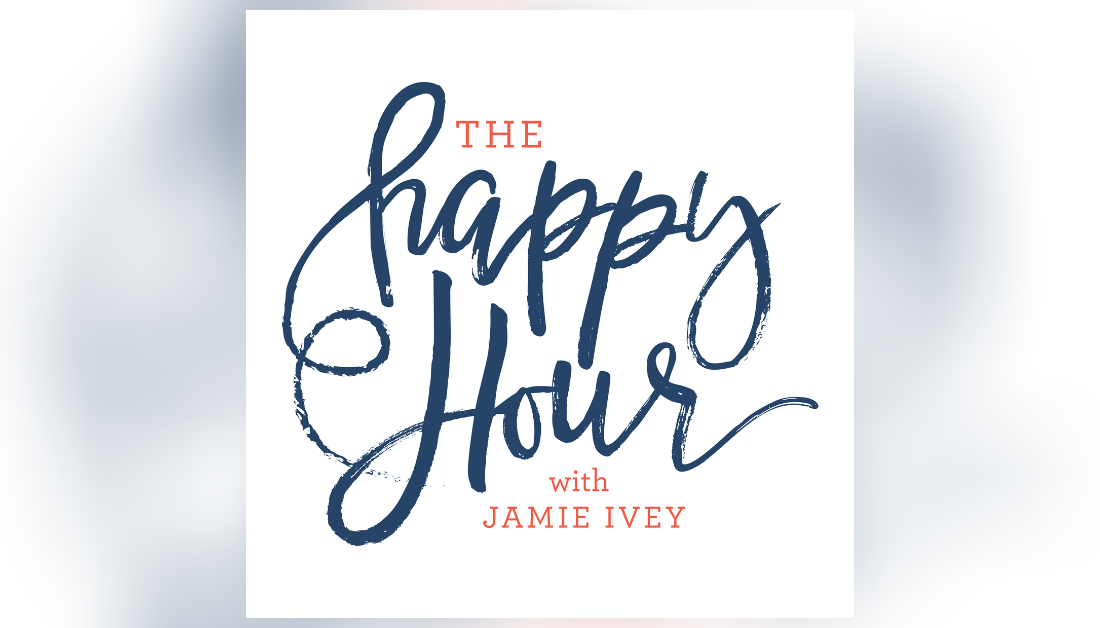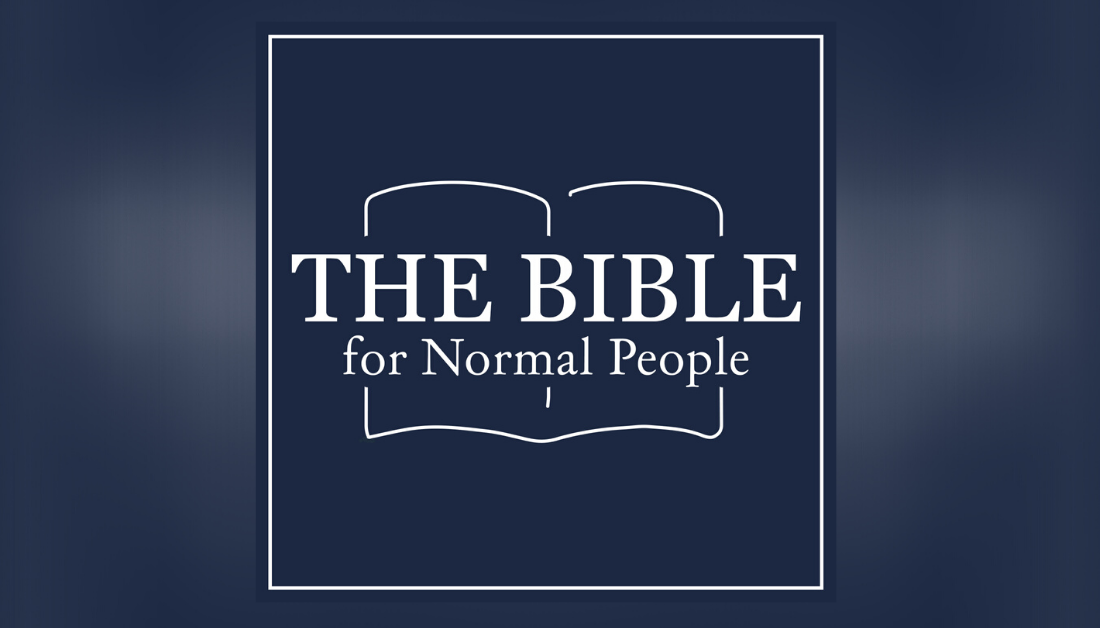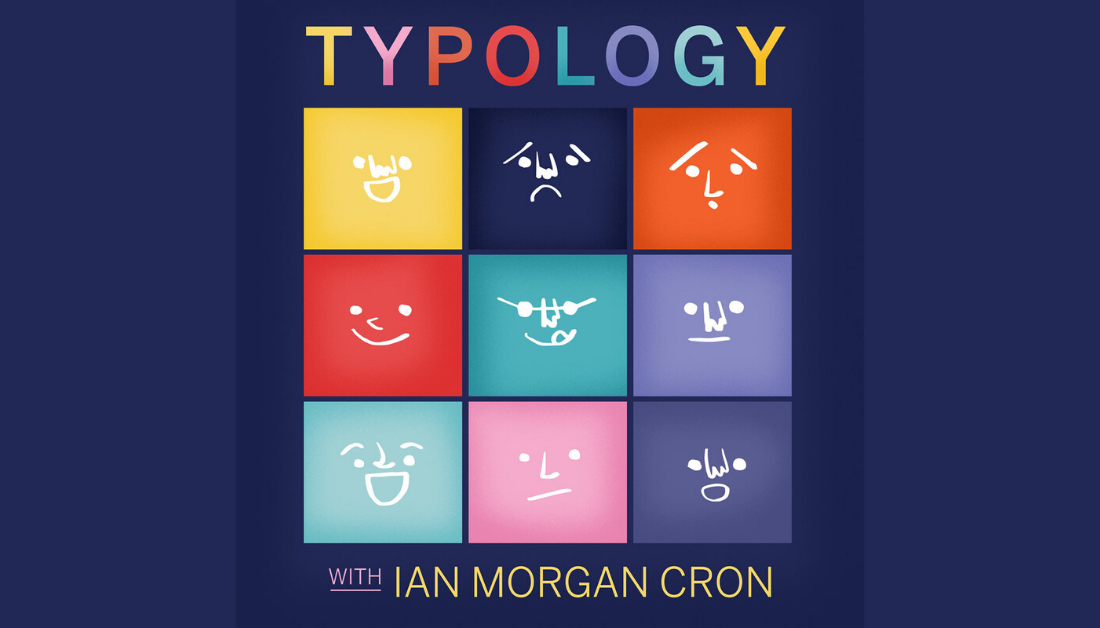
Amy Julia Recommends is a compilation of recommendations for podcasts, books, articles, etc., that I’ve shared on my social media platforms. This edition of Amy Julia Recommends features podcasts that I recommended in January focused on faith and family.
The Happy Hour Podcast

Awesome conversation between Beth Moore and Jamie Ivey about how to start the new year well, how to understand God’s hand in the suffering we’ve endured in the past, the #metoo movement and evangelicalism, and how to pray for our children (not to mention a recipe for the perfect ham and cheese sandwich!)! 🙂 Amy Julia recommends this episode!
{Listen to Beth Moore and Jamie Ivey}
…………….
The Bible for Normal People Podcast

JONAH:
Have you ever wondered how to understand the story of Jonah? Is it really about the miraculous work of God to save a guy who was swallowed by a large fish? Or is something else going on? I loved this conversation on The Bible for Normal People that, among other things, offers a different explanation for the purpose of the book of Jonah that has relevance for how we understand a God of love today:
{Listen to The Bible for Normal People: Jonah}
…………….
GOD’S UNCONTROLLING LOVE
I’ve mentioned Thomas Oord before. He’s the author of God Can’t and The Uncontrolling Love of God. He’s controversial because he believes that there are things that God, by God’s nature, cannot do, and this position seems to upend what theologians call the sovereignty of God.
Oord is a Christian—he believes in the Trinity. He believes that Jesus was God in the flesh who died on the cross for our sins and who was raised from the dead. He also believes that the truest thing we can say about God is that God is love, and therefore, God can’t do anything that doesn’t happen through and for love.
I really appreciate his thinking and the way he and Pete Enns and Jared Byas talk about it in this interview for The Bible for Normal People. I also think there are two other aspects of who God is that would help their conversation. One, God is humble, as we see most evidently in the person of Jesus. God’s humility is a part of God’s love, and it helps us to understand the non-coercive nature of God’s being. But two, God is powerful. It’s just that God’s power only operates in and through love. The power of the resurrection comes up again and again in the New Testament, and that power is literally life-from-the-dead power, the greatest power ever known. But it is a power accessed only through love and only for love’s purposes.
{Listen to The Bible for Normal People: God’s Uncontrolling Love}
…………….
NPR Fresh Air Podcast

I loved these interviews! Terry Gross shared her favorite interviews of the past decade recently, and I loved hearing Ta-Nehisi Coates talk about his 2015 book Between the World and Me in the same episode as Toni Morrison talking about her career in general and her novel God Help the Child. But my very favorite of these interviews was with Lin-Manuel Miranda, the creator of the Broadway show Hamilton. I even listened to the show twice because I invited my kids to join me (William loved every minute. The girls not so much.). Hamilton is, in my opinion, a work of genius in its accessibility and complexity, its ability to connect the present to the past, its musical, lyrical, and historical intricacy and simplicity. And it is just plain fun to listen to someone like Miranda, who clearly loves what he does, return to his roots in hip hop and Broadway shows and talk about how it all came together.
{Listen to NPR Fresh Air}
…………….
Typology Podcast

“Hurry is the greatest impediment to love.” I have not yet read John Mark Comer’s newest book, The Ruthless Elimination of Hurry, but I so resonated with the themes he discussed in this interview with Ian Cron on his Typology podcast.
But what caught my attention here most of all was his statement that “Hurry is the greatest impediment to love.” I’ve been thinking about what keeps us from love for a while now, and I’ve considered how fear keeps us from love, how injustice keeps us from love, and how distraction keeps us from love (more on that someday!).
But especially in the midst of our sabbatical trip in which we had the choice to slow down every day, I saw the truth of this statement unfold that hurry also keeps us from love. The challenge for me is to live at the slow pace of Jesus—which is to say, the deliberate, patient, attentive, loving pace—in a distracted, hurried, demanding world.
{Listen to Typology: John Mark Comer}
…………….
Nomad Podcast

I remember when I first heard the idea of Christian universal salvation–it was at a Good Friday service when I was in college, and I didn’t understand how anyone could believe that Jesus’ death saved us and that everyone goes to heaven. Since then, I’ve spent a lot more time thinking about the idea, and I’ve read everyone from John Stott (who believed in annihilationism—some people don’t go to heaven, but rather than suffering eternal torment in hell they simply cease to exist) to Karl Barth (who believed Christians can hope for universal salvation through the work of Jesus, but we can’t know for sure) to C.S. Lewis (who believed that humans essentially choose whether they end up in heaven or hell) to St. Paul (whose writings can seem conflicted—he never mentions hell and talks about “all” being saved, and yet also talks about those who are outside the kingdom of God). I land in a space where I would call myself an agnostic on this question.
I’m happily agnostic for two reasons. One, other people’s eternal salvation or damnation better not be left up to me. I trust God’s good, loving, saving purposes far more than my own judgment. Two, I believe we can be confident through Jesus’ life, death, and resurrection, in God’s power and promise to welcome individuals who accept the invitation into the kingdom of the heavens.
But I’m still interested in hearing what other people have to say about these matters, and this week I listened to Steve Chalke’s perspective on the Nomad podcast (he was talking about various aspects of Paul’s theology, including what he sees as a universal view of salvation). Also, David Bentley Hart’s short piece for the New York Times, Why Do People Believe in Hell? references some of the same arguments, though in less detail. Hart is more dismissive than he should be of some of the reasons people do believe in hell (concern for the justice of the universe, for one, and the authority of Jesus’ words in the Gospels for another), but again, the argument is worth considering—what motivates any of us to believe what we believe about an afterlife?
As I said, I’m agnostic on the existence of hell. But I’m a believer in the existence and the eternal reality of heaven. In my mind, if we are eternal beings, then eternity has already begun. And if a God who is love created the universe and invites me to participate in that eternity, I’d like to get started as soon as possible.
{Listen to the Nomad Podcast: Steve Chalke}
…………….
If you haven’t already, please subscribe to receive regular updates and news. You can also follow me on Facebook, Instagram, and Twitter.




